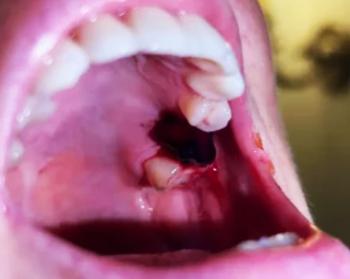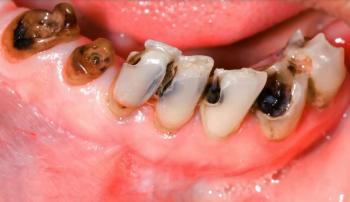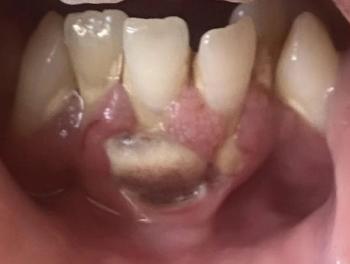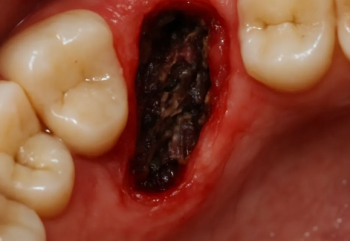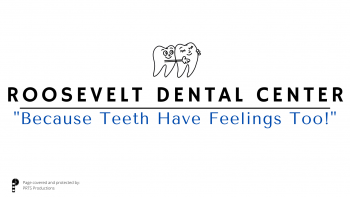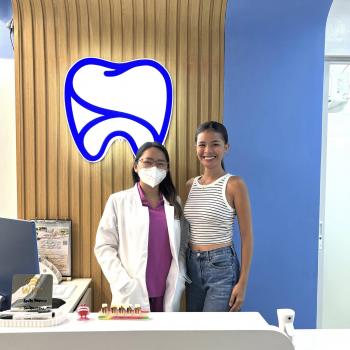Strong Teeth, Fresh Breath, Brighter You.
Scientists Discover Anti-Aging Drug That Could Reverse Cellular Aging
Language :
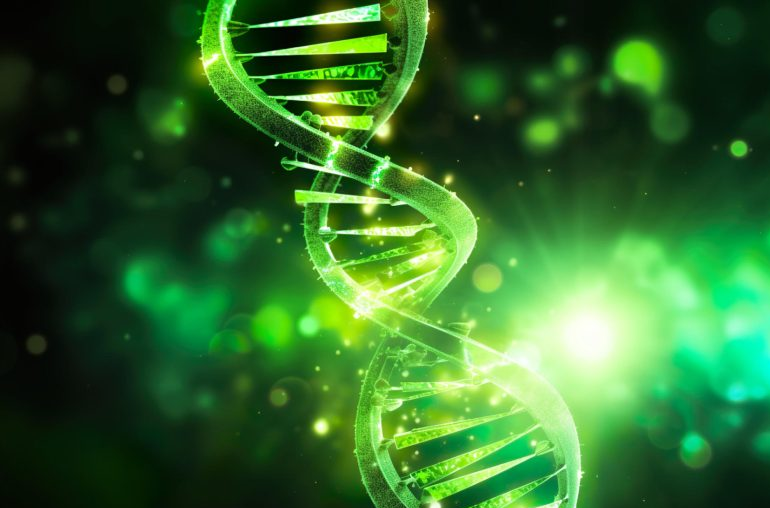
Turning Back Time: Could This Breakthrough Compound Redefine Aging?
The Science of Cellular Time Travel
What if aging wasn’t an inevitable decline but a process we could slow—or even reverse? Japanese researchers at Osaka University have unveiled a discovery that brings us closer to that reality. Their focus? A powerful compound called IU1, which enhances the body’s natural protein-cleaning systems, effectively delaying cellular aging at its core.
Unlike conventional anti-aging treatments that merely mask symptoms, IU1 targets the root cause of aging: proteostasis collapse. Proteostasis is the delicate equilibrium between protein production and disposal in our cells. As we age, this system falters, leading to the accumulation of damaged proteins—a key driver of age-related decline.
How IU1 Works: Supercharging Cellular Cleanup
IU1 operates on two critical fronts:
-
Proteasome Activation – The proteasome is the cell’s "garbage disposal," breaking down faulty proteins. IU1 boosts its efficiency.
-
Autophagy Enhancement – Autophagy is the cell’s recycling program, clearing out debris and damaged components. IU1 accelerates this process.
Together, these mechanisms act like a cellular reset button, delaying muscle deterioration, cognitive decline, and other age-related issues. Early studies suggest IU1 could even extend lifespan—raising the tantalizing question: Could humans one day live to 250?
Beyond Muscles and Longevity: What About Genes, Teeth, and Overall Resilience?
Aging isn’t just wrinkles and weak muscles—it’s a systemic breakdown affecting genes, teeth, bones, and organ function. If IU1 can restore proteostasis, could it also:
-
Strengthen genetic integrity? By reducing protein damage, cells may better repair DNA, slowing mutations.
-
Preserve dental health? Aging weakens teeth due to collagen degradation. Could IU1 support gum and enamel proteins?
-
Enhance overall cellular resilience? Slower protein accumulation might delay neurodegenerative diseases like Alzheimer’s.
The Future of Aging: Not Just Slowing Decline—But Reversing It?
While human trials are still pending, IU1 represents a paradigm shift. Current anti-aging research focuses on delaying damage, but IU1 suggests we might repair it instead. Imagine:
-
Regenerative medicine where aging cells are "rejuvenated" rather than replaced.
-
Precision longevity therapies tailored to individual protein-clearance efficiency.
-
A future where 100 is the new 60—biologically speaking.
The Big Question: Is Aging Really Just a "Slow Disease"?
If IU1 proves effective, we may need to redefine aging—not as an unavoidable fate, but as a treatable condition. The line between natural aging and age-related disease could blur, opening doors to radical life extension.
Final Thought: Are We on the Brink of an Anti-Aging Revolution?
Science is inching closer to hacking the biological clock. IU1 isn’t just another supplement—it’s a potential game-changer in longevity science. The question isn’t just "Can we live longer?" but "How young can we stay while doing it?"
Stay tuned. The future of aging might look nothing like the past.
#Longevity #AntiAging #ScienceBreakthrough #CellularRejuvenation #FutureOfMedicine

